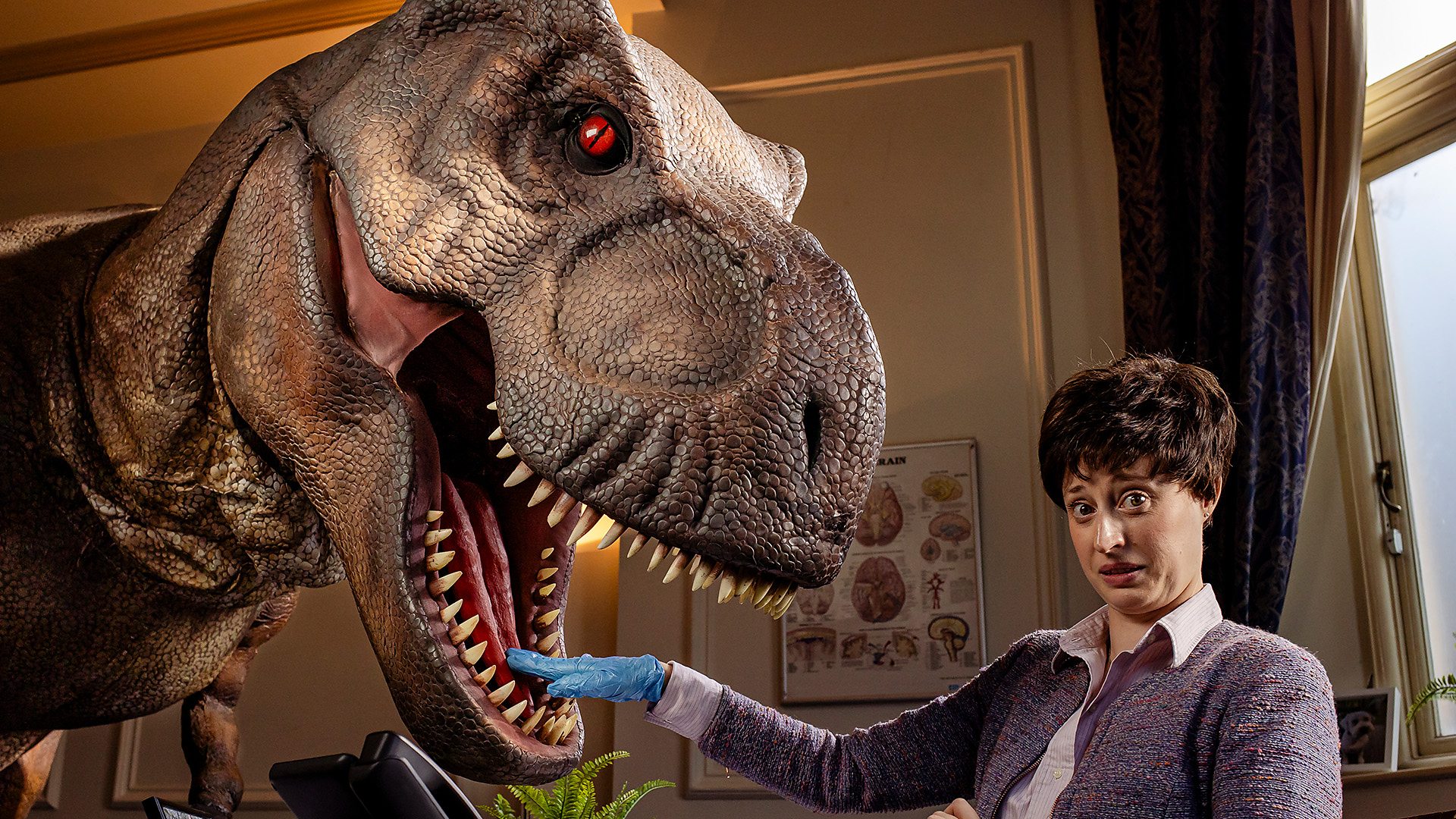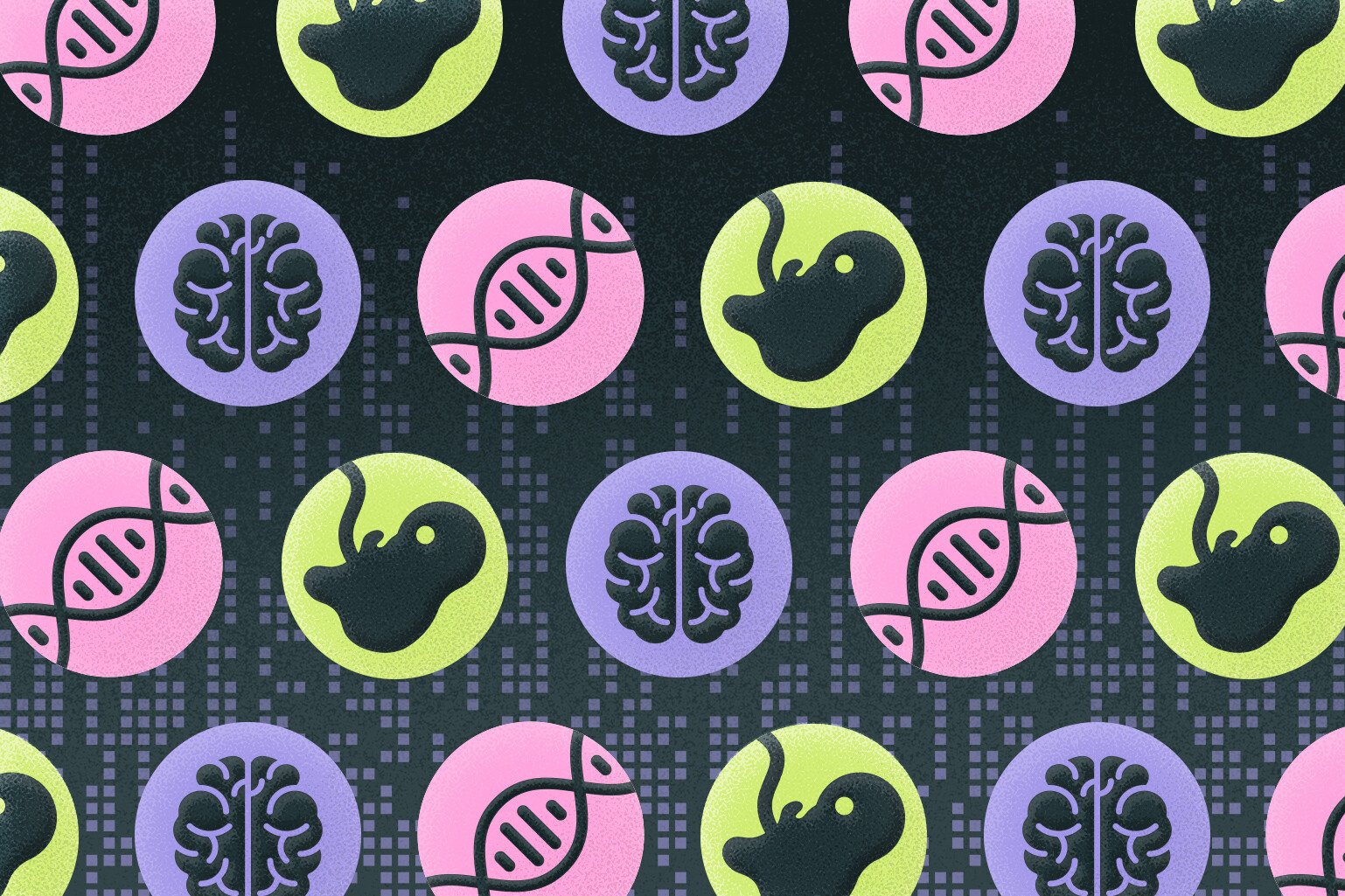Send us a link
NSF and postwar US science
In the early days of NSF, its leaders dreamed of large-scale federal investment in basic science but had to carve out a place for the new foundation in the complicated landscape of US science funding.
Understanding ORCID Adoption Among Academic Researchers
Trump Halts New NIH Grants to International Health-research Partners
UK to Launch Scheme to Recruit Global Research Talent After Trump Crackdown
UK to Launch Scheme to Recruit Global Research Talent After Trump Crackdown
Initiative backed by £50mn in government money comes as US administration seeks to cut funding and suppress research.

New NIH Policy on Funding Foreign Scientists Stirs Outrage
Agency will make researchers outside United States seek grants of their own rather than “subawards” from U.S. scientists.
US NIH Halts Funding for New Projects with Foreign Researchers
World’s largest public funder of biomedical research cites national security concerns for move.
Social Sciences Alliance Sounds Alarm Over Competitiveness Focus
EU’s R&I programme should aid society, alliance says, including through collaborative and multidisciplinary funding.
The Ripple Effects of Shrinking U.S. Science
Severe cuts in research funding will cause a complex cascade of effects across the United States and the world.

When AIs Do Science, It Will Be Strange and Incomprehensible

Why We Should Foster Connection and Belonging in Neo-liberal Academia
In a system where academic success is defined by outputs and individual achievement, Rachael Hains-Wesson and Nira Rahman call for a shift towards connection and belonging.

UK and Switzerland to Gain Access to 'strategic' Horizon Europe Calls
UK and Switzerland to Gain Access to 'strategic' Horizon Europe Calls
Prepare to Laugh and Learn with Horrible Science

The Importance of a Sound AI Policy in Pharma Research and Development

US Set to Close Office Responsible for Global Science and Technology Deals
Peter Suber on Science in Danger: "Host Your Open and Uncensored Research in More Than One Place and Preferably More Than One Country."
Peter Suber on Science in Danger: "Host Your Open and Uncensored Research in More Than One Place and Preferably More Than One Country."
In this interview with Peter Suber, the Senior Advisor on Open Access at Harvard Library and Director of the Harvard Open Access Project at the Berkman Klein Center discusses the current alarming developments taking place in the US research landscape – and offers valuable advice to colleagues from abroad.

Is Policy Keeping Up with Science and Technology Breakthroughs?

Australian Academy Launches Programme to Attract US Talent
Academy highlights “urgent and unparalleled opportunity to attract the smartest minds leaving the United States”.
Horizon Work Programmes for 2025 Show Clear Shift to Competitiveness
Does Artificial Superintelligence (ASI) Pose a Threat to Humanity?

Germany Could Spend Part of Its €500B Stimulus Package Attracting US Scientists
National Science Foundation Director to Resign Amid Grant Terminations, Job Cuts, and Controversy
National Science Foundation Director to Resign Amid Grant Terminations, Job Cuts, and Controversy
“I have done all I can,” says Sethuraman Panchanathan, a Trump appointee who has led agency since 2020
Fix the University-Shaped Hole in the EU’s Grand Plan
Implementing the Competitiveness Compass needs a partnership between policymakers and higher education, says Thomas Jørgensen
US Data Purges Draw on a Playbook Used Worldwide
One major consequence of the assault on research by president Donald Trump’s administration has been to put data in jeopardy, through changes in funding and access to data repositories and other data collections.
Serbia's Academics Outraged over Limits to Research, Disappointed by EU Response
Serbia's Academics Outraged over Limits to Research, Disappointed by EU Response
The EU must not lose momentum on open science in FP10
Global picture makes European leadership and a pragmatic approach even more important.

